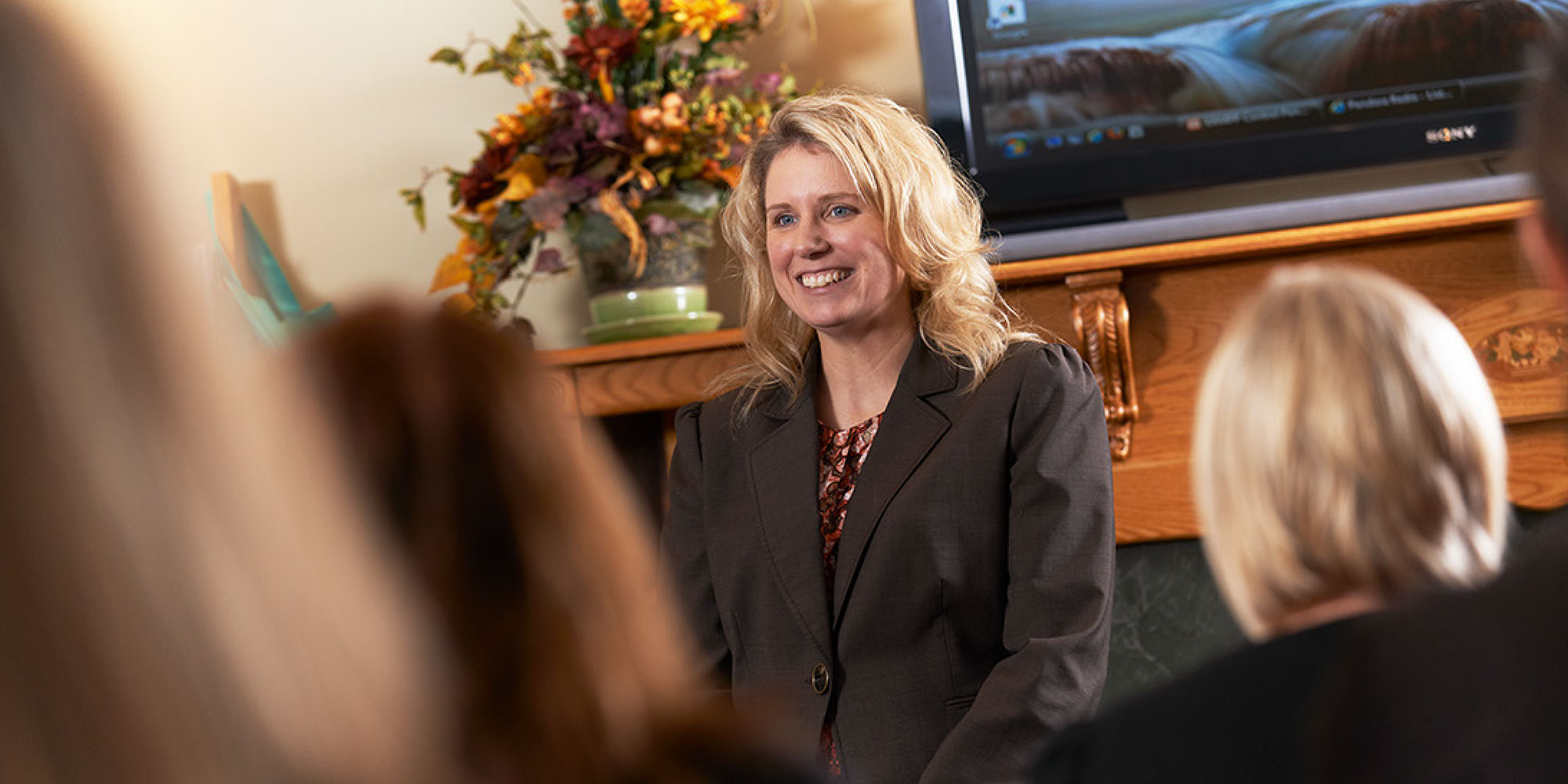Major Changes to the Tax Code for Retirement Accounts
By Landon Hodges, Esq.
As part of the spending bill passed by Congress and signed by the President in December 2019, the Setting Every Community Up for Retirement Enhancement Act of 2019 (the “SECURE Act”) is now law and is effective beginning January 1, 2020. This law makes major changes in the way required minimum distributions in IRAs and Roth IRAs are treated as you age and when they are inherited by your beneficiaries. Prior to the SECURE Act, all owners of an IRA were required to begin taking required minimum distributions (RMDs) from their IRAs once they attain age 70½. Once the account holder passed away, the RMDs a non-spouse beneficiary must take were determined based on the life expectance of the beneficiary. For example, if you designated a 40-year old child as a beneficiary of your IRA, he or she may stretch those RMDs across his or her life expectancy, which allowed beneficiaries to stagger the income taxes across a larger period of time while taking advantage of tax-free growth on the funds remaining in the IRA.
Should I Give My Home to My Children for $1.00?
The Hidden Costs of a $1.00 Real Estate Transaction
Elder law attorneys at Steinbacher, Goodall & Yurchak, help clients answer the questions, “What happens if I die?” and “What happens if I don’t die, but get sick and need long-term care?” Another question that they face on a nearly daily basis is, “Should I sell my home to my children for $1.00? “
While this transfer may protect the home from nursing home care, there are many disadvantages:
• The transfer is still subject to the Medicaid Five Year Look-Back rule, and your children could be responsible to pay for your care.
• The home would be subject to your child’s death, divorce, lawsuit, bankruptcy, and/or disability. You could lose your place of residence and would have no control over the home because you no longer retain ownership.
• When the home is sold, the new owner may not be eligible for a tax break for the sale of a primary residence, and they could be faced with a large capital gains tax bill.
• Finally, without proper legal documents, the new owner could still be faced with paying Pennsylvania Inheritance tax.
What is the VA Pension?
There is a special monthly pension available to wartime Veterans who have limited income and resources. The amount of the monthly benefit is dependent upon each Veteran’s individual circumstances. If the Veteran qualifies for the monthly pension, he or she may also be eligible to receive the Aid and Attendance or Housebound benefits. The Aid and Attendance and Housebound benefits are paid in addition to the monthly pension. However, a Veteran cannot receive both Aid and Attendance and Housebound benefits at the same time. There is also a death pension available to a Veteran’s spouse who has not remarried. The maximum pension amounts for 2019 are as follows:
2019 Pension Benefit Figures Maximum Monthly Pension Amount:
Veteran $1,127.00
Veteran with dependent spouse $1,477.00
Veteran permanently housebound $1,378.00
Veteran permanently housebound with dependent spouse $1,727.00
Veteran needing regular aid and attendance $1,881.00
Veteran needing regular aid and attendance with dependent spouse $2,230.00
Widow of Veteran $756.00
Widow of Veteran permanently housebound $924.00
Widow of Veteran needing regular aid and attendance $1,209.00
Certain requirements must be met in order to qualify for the pension benefit.
1. The Veteran’s discharge from the service must have been honorable.
2. The Veteran must have served at least 90 days of active military service, and one of those days must have been during a wartime period. (There are some exceptions to this rule.)
3. The Veteran is age 65 or older or has a permanent and total disability. (A service-connected disability is not a requirement.)
The income of the Veteran and that of his or her spouse is considered in determining eligibility; however, if combined income exceeds the maximum pension amount, the Veteran and his or her spouse may still be eligible. Income can be reduced by the Veteran’s and his or her spouse’s unreimbursed medical expenses. A Veteran with even a significant amount of monthly income may qualify for a pension. For example, if the Veteran has $3,000 in monthly income, he would not be eligible for a pension; however, if he is in a nursing facility and pays $8,000 a month for his care or if he is in an assisted living facility and pays $3,500 a month, his IVAP (income for Veterans Administration purposes) has been reduced to $0 ($3,000 minus $8,000 or $3,000 minus $3,500) so he would qualify for the maximum pension amount.
Additionally, there are some resource limits. The Veterans Administration considers a Veteran’s net worth in determining eligibility. Generally, a Veteran’s home, car, personal property, and some other assets are not considered in determining net worth. Net worth includes assets such as bank accounts, stocks, bonds, mutual funds, and other assets.
There are ways to reduce net worth for purposes of qualifying for benefits; however, this reduction of assets must be done before an application for a pension is filed. The Veteran may be able to give away or transfer assets in order to reduce his or her net worth. The Veterans Administration does not have the same “look-back” period as does the Medicaid program. However, the Veteran and his or her family should consult an experienced elder law attorney before giving away assets because giving away assets could make the Veteran (and his or her spouse) ineligible for other government programs such as Medicaid.
Veterans benefits can provide significant help in paying for long-term care expenses. Steinbacher, Goodall & Yurchak can help you determine if you qualify for a Veterans pension and develop a comprehensive estate and long-term care plan that meets your individual needs and goals. To schedule your FREE consultation, contact Steinbacher, Goodall & Yurchak at (570) 322-2077.
Visit PlanningandProtecting.com to find an elder law attorney in your area!









Get the answers you need
Question or CommentDo you need assistance finding the information you need? Have a comment about our website or services? Click the button below to send us an email! We're always happy to help.